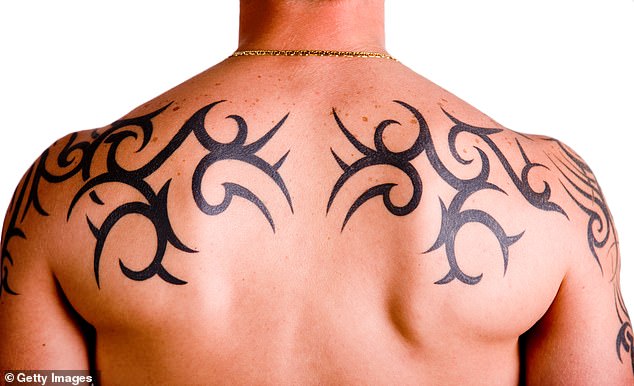
Decoding Tattoos: Scientific Insights into Personality and Identity Markers
What Your Tattoos Really Say About You, According to Science
Tattoos, once symbols of rebellion, are now mainstream, with over 25% of Brits sporting ink. A new study from Michigan State University reveals how people interpret tattoos—often inaccurately—as personality clues.
Judging Books by Their Covers
Cheerful, colorful tattoos like flowers make wearers appear more agreeable, while death-themed ink (e.g., skulls) can signal unpleasantness. Size and style also play roles: larger, traditional tattoos suggest extraversion, whereas smaller, dark designs hint at neuroticism. However, researchers caution these snap judgments rarely reflect reality. “Impressions usually don’t hold up,” says lead author William J. Chopik. The exception? “Wacky” tattoos—think abstract art—genuinely correlate with openness to experience.
A 5,000-Year-Old Practice
Tattoos date back millennia. The oldest-known examples adorn Ötzi the Iceman, a mummy discovered in the Alps with 61 therapeutic markings (3250 BCE). Later, Egyptian mummies (3000 BCE) revealed figurative tattoos of animals and symbols. Historically, tattoos served medicinal, spiritual, or decorative purposes, challenging modern stereotypes.
Study Breakdown
Researchers analyzed 375 tattoos from 274 adults, assessing personality traits like agreeableness and extroversion. Third-party raters viewed photos and descriptions, revealing biases:
- Agreeable: Life-affirming or comforting imagery.
- Conscientious: High-quality, detailed designs.
- Open: Large, image-based pieces without logos.
Yet, these perceptions often miss the mark. For instance, a skull tattoo might reference a band (e.g., Guns N’ Roses) rather than grim tendencies.
Why It Matters
While tattoos offer self-expression, they’re poor personality indicators. The study urges avoiding snap judgments—a daisy isn’t a diploma in kindness, nor a skull a red flag. As Chopik notes, “People read into tattoos, but the truth is rarely skin-deep.”
(Images: 1. A vibrant floral tattoo representing agreeableness. 2. Traditional sleeve tattoo linked to extraversion. 3. Ötzi’s ancient therapeutic markings.)
Key Takeaways
- Cheery designs = approachable.
- Death motifs = misunderstood.
- Authenticity? Only "wacky" ink hints at personality.
Next time you see a tattoo, remember: It’s art, not a biography.


